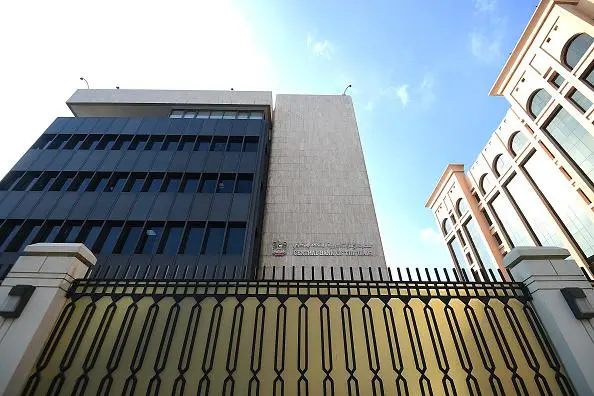PHOTO
The coronavirus that continues to rage around the world and drags the global economy to a near standstill will test the strength of the UAE’s banking sector, but financial institutions will be able to “manage” the economic shock, a top official said.
The UAE Central Bank has just released its annual report for 2019, highlighting the “remarkable” performance of banks in the country despite last year’s turbulent external environment. The regulatory body said it is still too early to gauge the extent of the impact of the coronavirus on the local economy, but it stressed it is committed to intervene and help affected businesses.
“The outlook for 2020 is uncertain, marked by the global impact of the COVID-19 pandemic… The strength and resilience of the banking sector will be tested,” Central Bank governor Abdulhamid Saeed said in the report.
He, however, pointed out that in the past year, UAE banks remained sound with strong levels of capital and liquidity. The sector also witnessed major progress in the banking consolidation space and enjoyed a strong operating environment.
“Against this backdrop, the banking sector is well positioned to manage the substantial stress situation and uncertainty in economies caused by the COVID-19 pandemic,” Saeed said.
The government has been proactive in extending support to businesses impacted by the pandemic. As of the first week of April, the UAE doubled the size of its stimulus package to 256 billion UAE dirhams ($69.7 billion), enabling banks and other financial institutions to provide loans and defer borrowers’ debt payments.
“There is no doubt that 2020 will be hallmarked globally as an extremely stressed environment in which the role of the banking regulator will be critical in facilitating financial stability and consumer protection. The [authority] shall re-assess its strategic priorities and play a vital role to address these issues… in a proactive and progressive manner,” Saeed assured.
American credit rating agency S&P Global said that GCC banks’ strong earning capacity will likely help them navigate the shock related to the coronavirus pandemic, as well as the decline in oil prices. However, it said, banks in the UAE appear to be the most vulnerable.
“Rated banks could absorb up to $36 billion shock before moving into the red. Factoring in excess provisions, Kuwaiti banks have the strongest capacity to withstand an increase in cost of risk, while banks in Bahrain, Oman and the United Arab Emirates are the most vulnerable,” the agency said.
(Reporting by Cleofe Maceda; editing by Seban Scaria)
#UAE #CENTRALBANK #ECONOMY #COVID19 #BANKING #FINANCIALSERVICES
Disclaimer: This article is provided for informational purposes only. The content does not provide tax, legal or investment advice or opinion regarding the suitability, value or profitability of any particular security, portfolio or investment strategy. Read our full disclaimer policy here.
© ZAWYA 2020





















